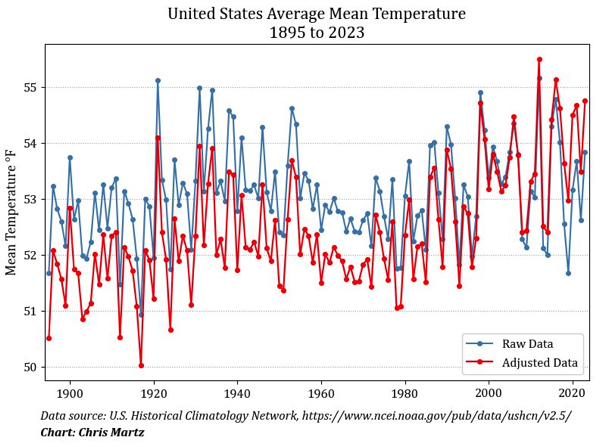
- Hidden Chemical Exposure in Everyday Products – Many people underestimate the health risks posed by chemicals in personal care items, food packaging, receipts, household goods, and cosmetics. These substances accumulate over time, contributing to cognitive decline, memory loss, and neurodegeneration.
- Toxic Synergy of Common Substances – Aluminum (in cookware, cans, and deodorants) and fluoride (in water and toothpaste) work together to cross the blood-brain barrier, accelerating cognitive damage. Processed foods, pesticides, and fungal toxins (like candida overgrowth) further harm brain function.
- Study Links Phenols, Parabens, and Phthalates to Cognitive Decline – Research shows that older adults, especially men, exposed to these endocrine-disrupting chemicals (found in plastics, cosmetics, and processed foods) face higher risks of memory loss and reduced processing speed—even at low exposure levels.
- Cumulative Impact and Public Health Concern – Chronic exposure to multiple chemicals disrupts neural processes, with studies suggesting a need for stricter safety assessments. Reducing exposure to these toxins may help preserve cognitive health and independence in aging populations.
Most people who eat fairly healthy think any other health problems they experience are either genetic or from some contagious disease, but the truth of the matter is that chemicals in personal care products, packaging, receipts, carpet, sheets, and cosmetics go highly under-rated for damaging health in many ways, including causing cognitive decline.
There’s a cumulative effect and that’s what really gets overlooked. It’s disturbing how many chemicals are allowed in everyday products most people use and end up ingesting, inhaling, eating, drinking, or injecting, and it’s sad.
Chronic exposure to harmful elements can disrupt neural processes, damaging the brain and causing memory loss
Older adults exposed to common chemicals found in food packaging, cosmetics, and receipts may face a higher risk of memory loss and cognitive decline, according to a study published in April in the Journal of Affective Disorders.
Researchers analyzed data from nearly 900 U.S. adults with an average age of 69 and found that combined exposure to phenols, parabens, and phthalates (PAEs) was associated with lower cognitive test scores—particularly in men. The findings raise concerns about the cumulative effects of everyday chemical exposure on brain health.
The study revealed that men with higher levels of these chemicals were nearly 1.8 times more likely to show cognitive difficulties, particularly in memory and processing speed. Phthalates, especially methylcyclopentadienyl (MeCp) and mono(2-ethylhexyl) phthalate (MEHP), had the strongest links to impaired brain function. Researchers suggest biological differences may make men more vulnerable.
"Chronic exposure to harmful elements can disrupt neural processes, damaging the brain and causing memory loss," the study authors noted. With nearly 1 in 10 older U.S. adults already living with dementia, the findings highlight a growing public health concern.
Phthalates, parabens, and phenols—found in plastics, personal care products, and processed foods—are known endocrine disruptors. A 2018 study in eBioMedicine linked phthalate exposure to over 350,000 global cardiovascular deaths. The new research adds cognitive decline to the list of potential risks.
Participants with higher chemical levels performed worse on memory and problem-solving tests, even at low exposure levels. MEHP, a breakdown product of a common plastic softener, showed the strongest negative association, possibly due to its inflammatory effects.
While the study establishes a strong correlation, researchers caution that more long-term studies are needed to confirm causation. "These findings suggest we need to rethink how we assess chemical safety, focusing on mixtures rather than single substances," the authors said.
As chemical exposure becomes an unavoidable part of modern life, this study underscores the need for greater scrutiny of everyday products. For older adults, reducing exposure to these substances could be a critical step in preserving cognitive health—and independence—in later years.
Tune your food news frequency to FoodSupply.news and get updates on more toxic foods that lead to brain fog, memory loss, cognitive decline and dementia.
Sources for this article include:
Please contact us for more information.





















